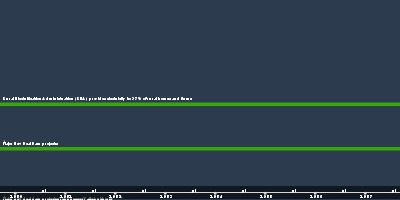1 gen 1932 anni - Agricultural Adjustment Act (AAA)
Descrizione:
New Deal legislation passed in May 1933 that aimed at cutting agricultural production to raise crop prices and thus farmers’ income.With banks stabilized, Roosevelt and the New Deal Congress turned to agriculture and manufacturing. The depression led to overproduction in agriculture and underproduction in manufacturing. Reversing both problematic trends was critical. The Agricultural Adjustment Act (AAA) marked the first direct governmental regulation of the farm economy. To solve the problem of overproduction, which drove down prices, the AAA provided cash subsidies to farmers who cut production of seven major commodities: wheat, cotton, corn, hogs, rice, tobacco, and dairy products. By putting cash in farmers’ hands to restrict supply and thereby raising prices, the AAA briefly stabilized the farm economy. But subsidies disproportionately benefitted the owners of larger farms, which often cut production by simply reducing the amount of land they rented to tenant farmers. In Mississippi, one plantation owner received $26,000 from the federal government, while thousands of black tenant farmers and sharecroppers living in the same county received only a few dollars each in relief payments.
Aggiunto al nastro di tempo:
Data:
1 gen 1932 anni
Adesso
~ 93 years ago
